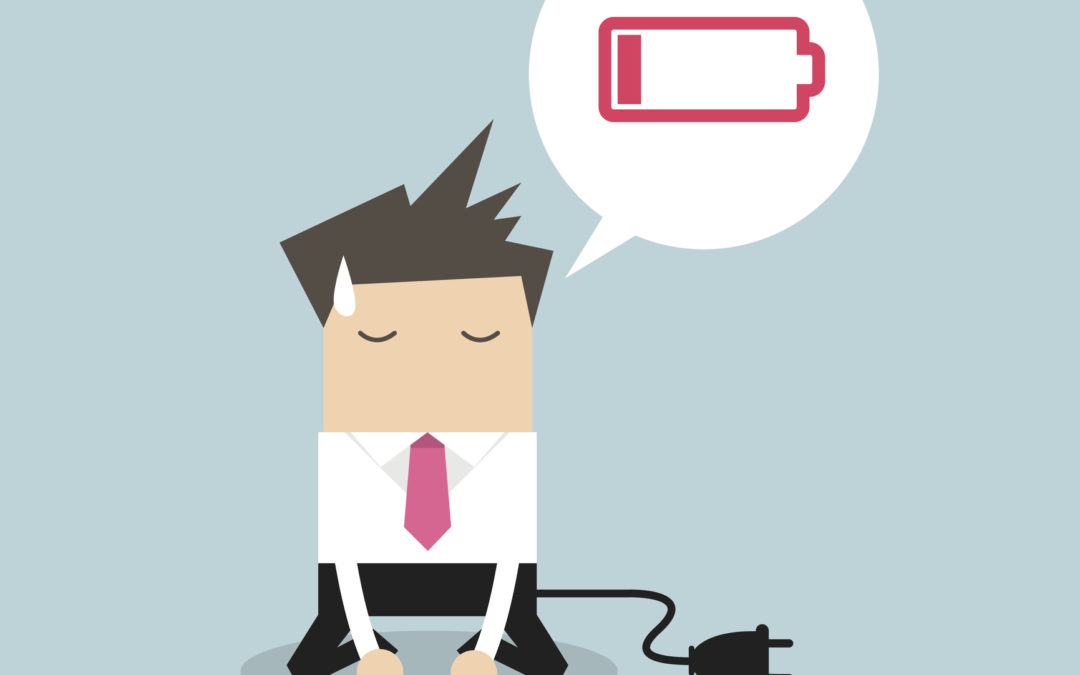It is well recognized that many patients with major depressive disorder (MDD) do not achieve full remission. One of the most common residual symptoms is fatigue. We discuss one article where Dr. Maurizio Fava MD of Harvard Medical School is interviewed on this topic. Up to one third of patients may continue to have fatigue despite treatment of MDD. Some studies even cite that 90% of patients undergoing treatment for depression still have some degree of fatigue. Fatigue can be described in physical, cognitive and emotional realms.
1) Physical: low energy, lower physical endurance, tiredness, heaviness, sluggishness.
2) Cognitive: slowed mental endurance, slowed thinking
3) Emotional:apathy, feeling overwhelmed.
Dr. Fava discusses that those with residual fatigue are more likely to experience another major depressive episode than those without fatigue. Many psychiatrists will start with trying to address the underlying cause. Causes can include: residual depression, medication side effects, medical causes, and environmental factors to name a few.
If it has been determined that residual depression is the primary cause, there are various approaches one can take. 1)utilizing treatments less likely to cause fatigue (e.g. bupropion, serotonin reuptake inhibitors aka SNRIs and triple uptake inhibitors with more noradrenergic effects), 2) as feasible eliminating medications that can be contributing to the fatigue and 3)using adjunctive treatments to address the fatigue. Some agents include modafinil, armodafinil, reboxetine, atomoxetine, and protriptyline.
In addition, non-pharmacologic interventions remain highly recommended such as aerobic exercise, nutrient dense dietary habits, pristine sleep hygiene, therapy aimed specifically at insomnia, and abstinence of alcohol and recreational substances.
Full link to the interview with Dr. Fava is below:
https://www.ncbi.nlm.nih.gov/pmc/articles/PMC3225130/

